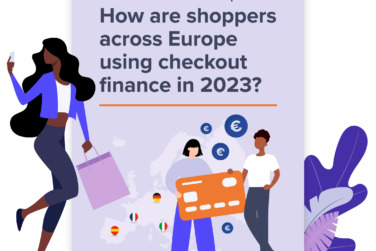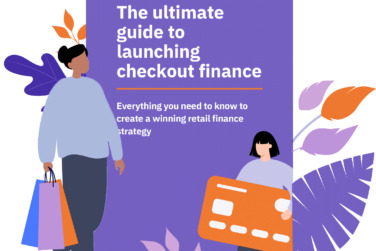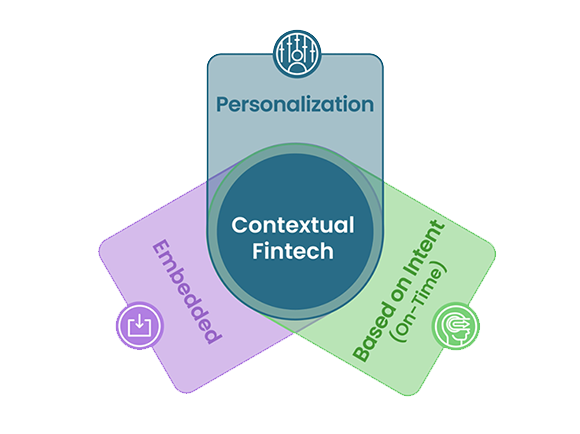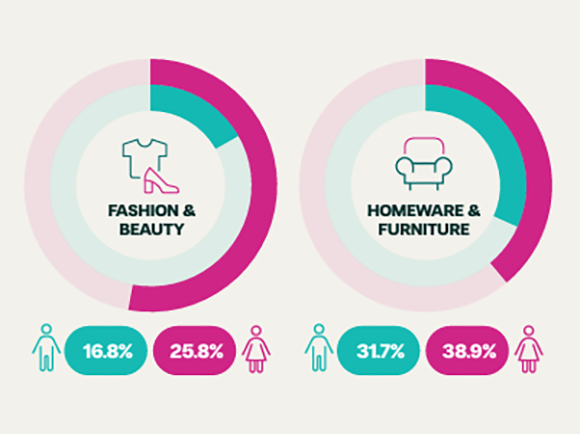Buy Now, Pay Later (BNPL) and travel: What should merchants and lenders be aware of?

Few industries were as disrupted by COVID-19 pandemic than travel. According to the World Travel & Tourism Council, the travel sector suffered a setback of around $5 trillion.
But now, this industry is back and booming, helped in no small part by the rise of “fly now, pay later” – in other words, the ability for holidaymakers to finance their trips with interest-free credit.
Already, four in ten travellers say they have recently used BNPL to support the purchase of a holiday.
In this article, we explore the use of Buy Now, Pay Later for travel and provide merchants and lenders with everything they need to know before implementing their own retail finance service for travel.
Buy Now, Pay Later and Travel
Travel specific Buy Now, Pay Later providers offer credit for a range of travel purchases, including flights, accommodation, and holiday packages.
Loans are are typically between £100 and £3,000, and the type of lending on offer will depend on the size of the purchase. Lower value lending will typically offer 0% interest but lenders may begin to charge an APR on loans for bigger purchases with longer repayment periods. Interest can reach up to 42%, which is much higher than most credit card fees.
Travel companies themselves may offer their own financing with third-party providers. Airbnb, for example, offers payment plans on stays of $50 or more if they are more than 14 days in the future, not used for work, and not longer than 28 nights.
Then there are traditional BNPL providers that allow consumers to make purchases at any checkout. Though these are not travel-specific lenders, consumers can access travel brands via the ‘Travel’ category within the application and make purchases through their service.
Lenders in this category may also offer BNPL cards and mobile payment services which can be used in the same way as a credit or debit card. These may also allow consumers to split their purchases into instalments.
Buy Now, Pay Later for travel: a consumer perspective
Consumers experience minimal friction with BNPL and have access to credit at the point of sale, making retail finance a popular choice for travel purchases.
Buy Now, Pay Later is free to use for consumers for low-ticket purchases. It is often considered a more ethical approach to traditional forms of financing like credit cards and loans, which charge an Annual Percentage Rate.
But that’s if consumers can secure 0% interest. The average cost of a holiday exceeds £250 meaning most travellers will struggle to get such low rates.
There are also issues of refunds if the trip is cancelled. Travel purchases are usually ATOL protected, which ensures consumers are refunded if the travel provider goes bust. Some BNPL providers do provide ATOL protection. This could cause issues if the customer seeks a refund for their holiday.
If issues do arise, consumers should continue to repay their loan until the issue is resolved by the travel provider. This may cause frustration, but it will help to mitigate the risk of the consumer having their credit score impacted.
What are the benefits of Buy Now, Pay Later to travel providers?
BNPL is an attractive proposition for travel merchants. By offering travellers the opportunity to “fly now, pay later,” travel providers can benefit from an increase in conversion rates, higher average order values, and a general uptick in sales volume.
Buy Now, Pay Later also widens the pool of consumers that can afford to make a purchase, by reducing the immediate cost. BNPL can be a powerful tool for customer acquisition – it can even become an integral part of your brand identity.
A focus on marketing and communications can maximise these benefits and boost upsell opportunities. Letting customers know about Buy Now, Pay Later early in their travel purchase journey increases the reach of potential activations.
But that’s not all: merchants will be paid immediately by the BNPL lender for the full cost of the travel purchase, meaning there is little financial risk involved for the merchant.
What are the disadvantages to travel providers?
Buy Now, Pay Later providers have been criticised for encouraging consumers to take out loans they do not necessarily need. Instances of vulnerable consumers increasing their reliance on BNPL services are emerging as UK’s cost of living crisis deepens. This puts merchants in a tricky situation.
Though they are not responsible for the loan agreement, travel merchants do have a choice in whether to offer retail finance, making them partly responsible if things go wrong.
Public backlash over questionable lending practices will likely extend from the BNPL provider to the merchant partner. Customers, too, will hold the travel company responsible if they feel they have unwittingly entered into an unreasonable financial agreement.
Then there are challenges with refunds and the aforementioned issue of ATOL protection.
Ultimately, any issues with the BNPL lender will reflect badly on the merchant. Due diligence is therefore key when choosing a provider to partner with.
Should merchants and lenders implement BNPL for travel?
Buy Now, Pay Later is a great choice for holidays, flights, and other types of travel. It offers a convenient alternative to other forms of credit and is far more affordable to consumers if 0% interest is provided.
Merchants experience an improvement in sales volume and a reduction in cart abandonment, whilst both merchants and lenders can use BNPL as a customer acquisition tool.
It is not without its pitfalls, though. Vulnerable consumers may find themselves entering into agreements as a result of external economic pressures, which could mean they’re unable to fully make repayments. This will reflect badly on merchants and lenders.
Travel merchants should therefore be diligent when choosing a retail finance partner. Finding one that aligns with your values will help to protect consumers and avoid any potential public relations issues. At the same time, lenders must be careful about who they give loans to.
With the proliferation of BNPL services, the travel industry can expect retail finance to become a common feature. Retailers and lenders hoping to gain a competitive advantage should act sooner rather than later to take advantage.
You might also
be interested in
Keen to know more?








